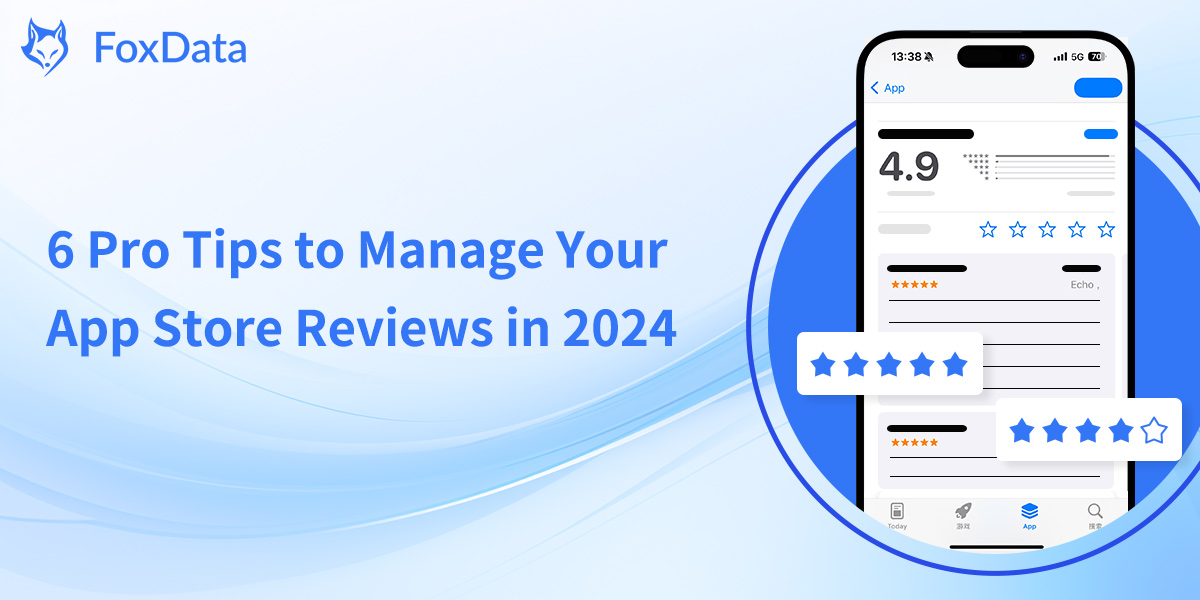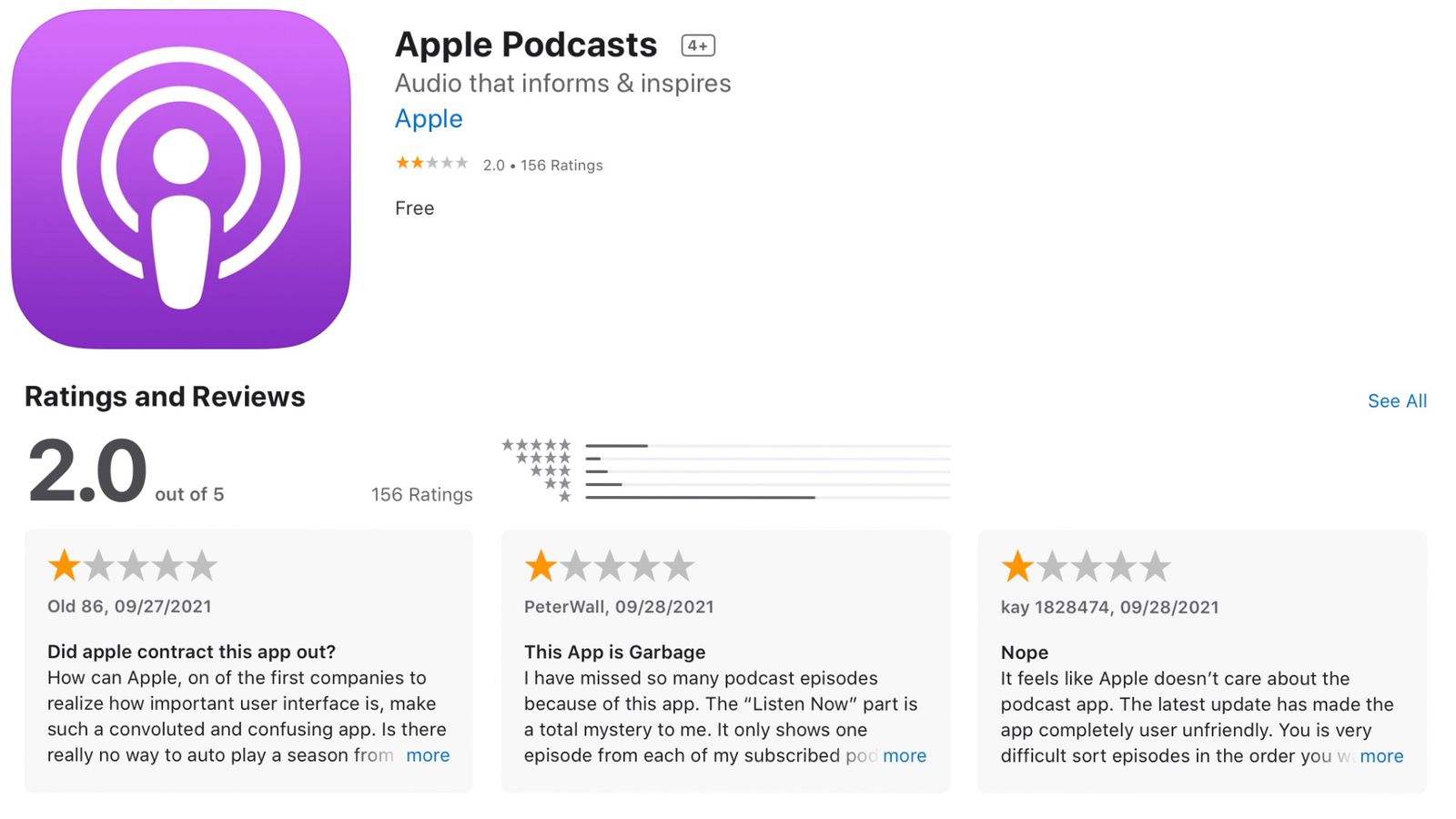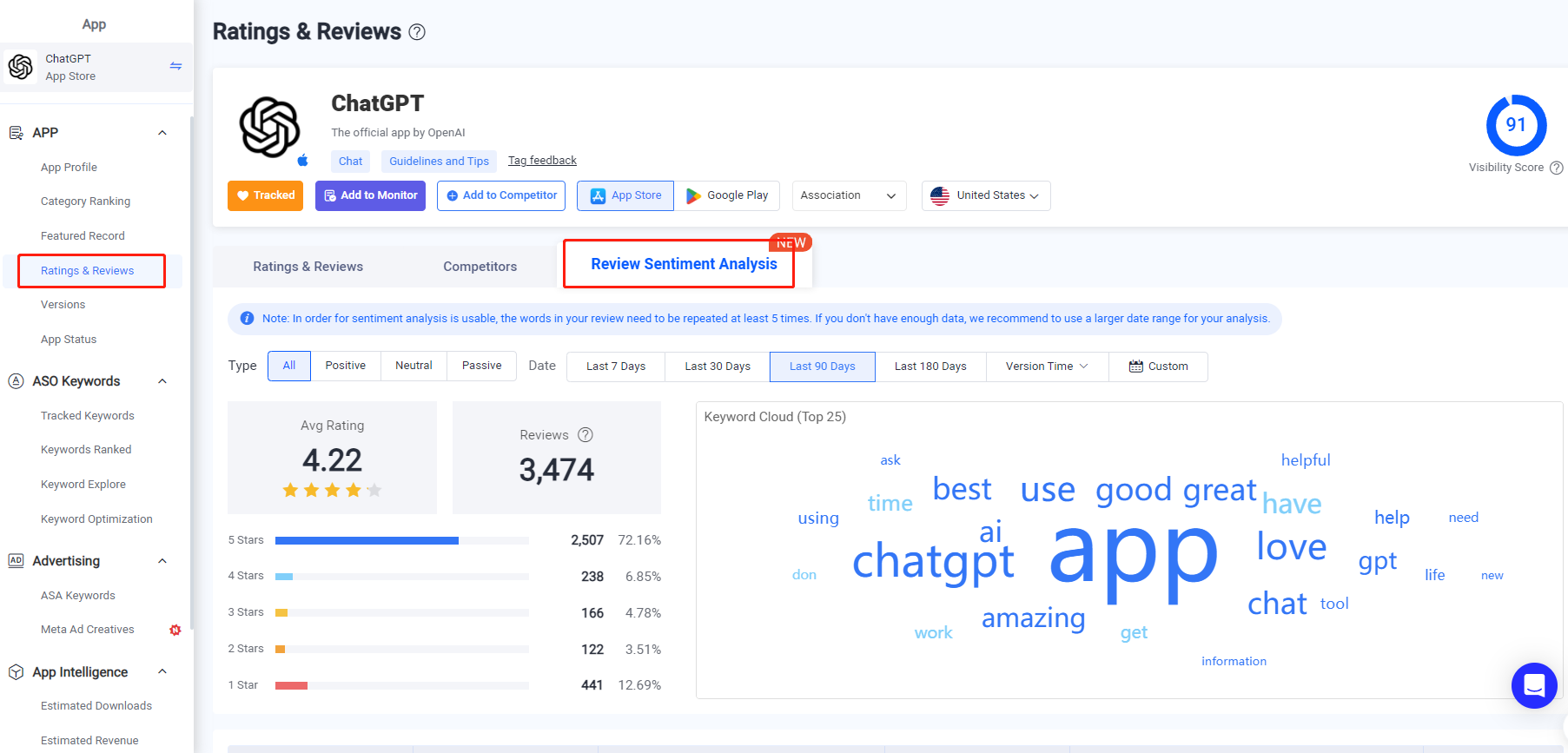
Are you curious about how a strategic approach to managing reviews can propel your app up the rankings? This blog will delve into the influence of user reviews on app rankings and offer guidance on optimizing their benefits.
What are App Store Ratings?
App Store ratings range from one to five stars, with individual ratings aggregating to form an overall summary rating. This summary rating is displayed on both the app's product page and within search results, varying across different regional App Stores. It's important to note that releasing a new app version allows you to reset this rating, but doing so will not affect existing reviews.
What are App Store Reviews?
Distinct from ratings, App Store reviews provide a platform for detailed user feedback on their app experience. These reviews are instrumental in guiding other users' download choices and can enhance your app's discoverability and reputation.

The Importance of App Store Reviews and Ratings
Effectively managing App Store ratings and reviews is essential for app store optimization (ASO). Their impact is significant in several ways:
-
Driving App Store Traffic: Higher ratings and more reviews can lead to better app store placement and more organic downloads.
-
Enhancing Conversion Rates: Positive reviews can significantly sway potential users to download your app.
-
Cultivating Brand Image and Trust: A plethora of positive reviews and high ratings can establish a professional and credible brand image.
Six Pro Tips for Managing Apple App Store Ratings and Reviews
1. Monitor Reviews and Ratings
Tracking your app's ratings and reviews can help identify which updates are positively or negatively impacting user experience. By analyzing this feedback, you can swiftly replicate successful updates to enhance the app's performance. Developers can access reviews through App Store Connect.
2. Respond to Reviews Thoughtfully
When replying to reviews, ensure your responses are relevant, concise, and consistent with your brand's voice. Prompt replies can maintain user engagement, and addressing technical issues should be prioritized. Remember to update your release notes with fixes for issues reported in negative reviews and consider using semantic analysis tools to manage large volumes of feedback efficiently. FoxData, in our latest version, has added the feature of Review Sentiment Analysis! Your decisions will be much faster and more precise, if you could instantly understand the true sentiment behind every piece of customer feedback!
👉Related blog: What's Going on Inside Your Users' Minds? Review Sentiment Analysis Helps You Find Out.

3. Adhere to Apple's Feedback Guidelines
Timing is crucial when prompting users for a review. Ideally, you should engage customers when they have just experienced a high point within the app, such as completing a purchase or an engaging activity. However, it's important to avoid interrupting their experience, especially during the purchasing process. The most effective time to seek reviews is when users are most likely to have positive sentiments toward your app, ensuring they are not feeling disrupted during the interaction.
4. Leverage App Review Platforms
While some developers may resort to purchasing reviews, it's vital to focus on authentic feedback. Beyond seeking reviews from within your app, consider having your app evaluated by industry experts on app review websites and forums. This approach can be particularly beneficial for smaller apps looking to expand their user base. By gaining endorsements from trusted sources, you can enhance your app's credibility and visibility, potentially leading to increased downloads.
5. Encourage More Reviews
Generic responses such as 'thank you' are commonplace but may not fully engage users. Instead, craft personalized replies that reference specific aspects or features that users have highlighted in their feedback. This level of detail not only demonstrates your attentiveness but also validates the user's input. Observing such thoughtful interactions can motivate other users to contribute their own reviews.
6. Engage with Your App Community
Creating a vibrant community around your app can significantly enhance the quality and quantity of user reviews. A strong community fosters open dialogue, advocacy, and peer influence, all of which can lead to more authentic feedback on the App Store. Encouraging community participation provides developers with valuable insights, which can be reflected in constructive reviews that help improve and promote the app.
Prioritizing user satisfaction and maintaining transparent communication are key to enhancing ratings and fostering a positive relationship with app users. Addressing user concerns with care and expressing gratitude for their feedback can build trust and reveal areas for improvement.
Ultimately, actively seeking and thoughtfully responding to user feedback is a reliable strategy for app success. Don't overlook the power of user reviews—they're an essential component of your app's growth and reputation.









